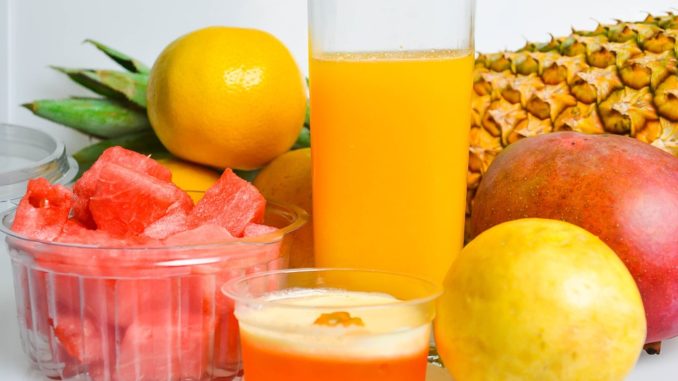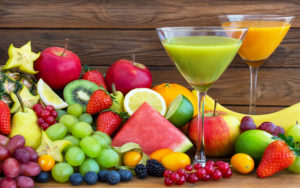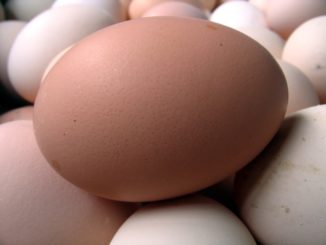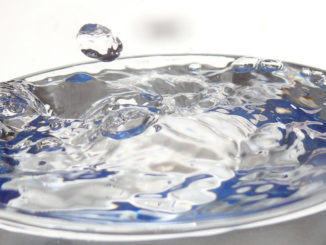
How often do you drink fruit juices?
Is it once a day, or a few times a week?
According to nutritionists, drinking fruit juice is the fastest way to gain weight. Fruit juices are packed with sugar, and have all of the good stuff taken out.
Even though they’re a better option than soda, they still contain empty calories. Additionally, most people drink more than the recommended eight-ounce serving, which eventually leads to weight gain.
Why Fruit Juices Are Bad for You
Fruit juices are a common swap dieters make for soda when they’re trying to lose weight. This is a huge mistake. Whether you opt for freshly squeeze juices or commercial juices, you’re doing more harm than good.
Fructose, the sugar in fruit, has been linked a high risk of diabetes, metabolic syndrome, obesity, and non-fatty liver disease.
This substance is metabolized by your liver and stored as fat.
When consumed regularly, it leads to insulin resistance and problems with triglycerides, cholesterol, and blood sugar. Insulin resistance is a major risk factor for type II diabetes, heart disease, and obesity.
Many experts claim that fructose is even more harmful than refined sugar. When you eat whole fruits, the fiber slows down sugar absorption into your bloodstream, which helps prevent insulin spikes.
When you drink fruit juices, the sugar goes directly into your bloodstream. This process affects your metabolism and leptin levels, leading to weight gain and metabolic disorders.
Leptin, the satiety hormone, plays a key role in the regulation of energy balance.
Elevated insulin levels cause leptin resistance, putting you at risk for obesity, high cholesterol, and high triglycerides.
Want to Lose Weight? Don’t Drink Your Calories!
Fruit juices affect your weight in more than one way. They not only mess up your hormones, but also contain empty calories that you don’t actually need. One serving of prune juice has 180 calories.
The same amount of freshly squeezed orange juice boasts 133 to 200 calories. Strawberry juice delivers 143 calories per serving. Pineapple juice has 125 calories.
Serving size varies from 100 milliliters to 250 milliliters depending in the ingredients used. Most people consume more than one serving at once, so the calories add up. It’s easy to drink 500 milliliters of fresh fruit juice in one sitting.
Things are even worse when it come to commercial juices. Some brands contain over 250-300 calories per serving. Plus, they are made with refined sugar and chemicals.
Statistics show that most people get a third of their daily calorie intake from sweetened drinks, including fruit juices. It’s not unusual to get up to 1,200 excess calories a day coming from juices.
Additionally, most vitamins, minerals, and antioxidants in fruit are lost during processing.
Freshly squeezed fruit juices lack the nutrients found in whole fruits. Basically, you’re drinking empty calories.
Ideally, avoid fruit juices completely, or keep them to a minimum. Drinking one glass of juice occasionally won’t kill you – just make sure you don’t make a habit out of it.
Replace these beverages with water or unsweetened tea. For extra flavor, add a few slices of lemon, cucumbers, or citrus fruit to water before drinking it. Vegetables juices are a good choice too as they contain little or no sugar.





Be the first to comment